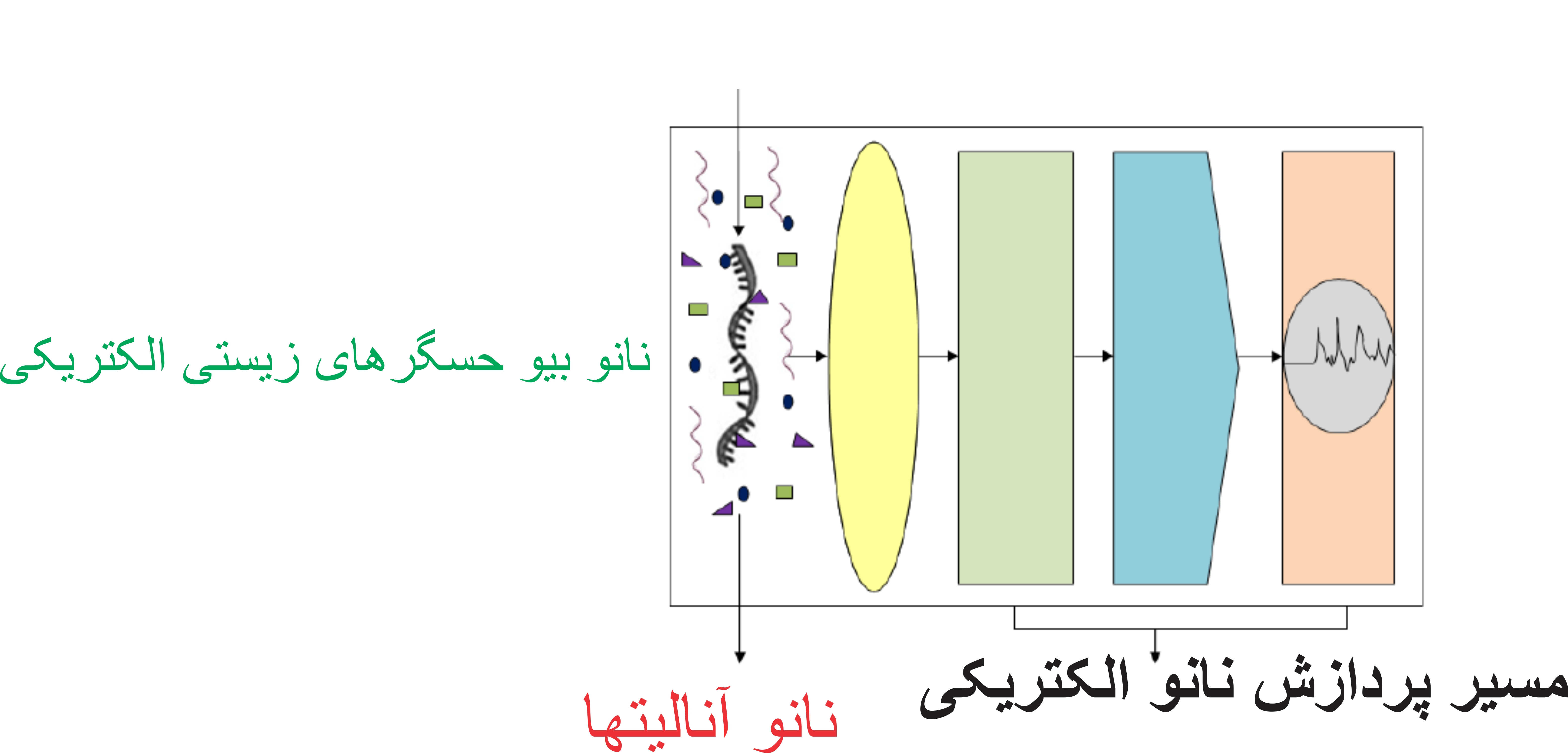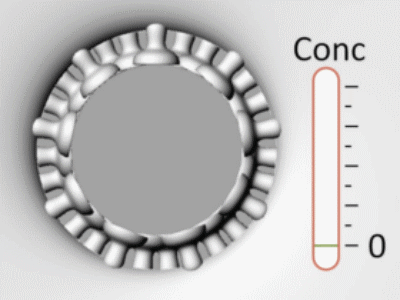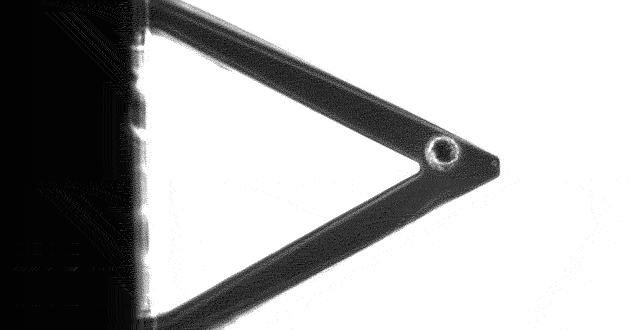_ Department of Nano Bioelectrical Laboratory (Nano Biosensors)
Electrical nano biosensors and measurement of biological responses
Researcher and author: Dr. ( Afshin Rashid)


Note: Nano bioelectrical biosensors have been created for various applications such as food quality estimation, environmental monitoring and diagnosis of clinical and metabolic complications. Nanoelectronics technology has dedicated some very exciting materials to improve the sensing phenomenon. The use of various nanomaterials, including nanoparticles, nanotubes, nanotubes, and nanowires, causes faster identification and reproducibility in a much better way.
The unique properties of nanomaterials such as high electrical conductivity, better shock tolerance, and sensitive responses such as versatile piezo-electric and color detection mechanisms are only results of the multitude of properties of nanomaterials. Different types of biosensors are propagated based on different types of nanomaterials and their developmental and implicit aspects. The measurement of biological responses has assumed great importance in the current scenario of ever-dynamic environmental developments and altered homeostatic events that occur at the in vivo as well as intracorporeal level . Analyzing the behavior of changing materials is of great importance in areas such as pharmaceutical diagnostics, food quality screening, and environmental applications.

In this reference, the development of efficient biosensors that can analyze the minutest details of biological interactions even on a very small scale and with extreme accuracy and maximum sensitivity is always possible. It deserves urgent attention, a major component of biosensing of transport mechanisms. which, using transfer mechanisms, have the task of converting bioanalyte interactions in a detectable and reproducible way. Nanomaterials can be a very surprising factor in this dimension because they have a high surface-to-volume ratio, which allows the surface to be used in a better and more diverse way. Furthermore, their electromechanical properties are a tremendous asset for biosensor technology. The nanostructural marvels offered by nanotechnology have revolutionized existing molecular events that have provided an opportunity to manipulate atoms and molecules and observe biological phenomena at the physiological level with much greater precision. The term "nano biosensor" is a misnomer in the sense that it prefixes the word "nano" with it. Because nanoscience is interdisciplinary in nature, putting the word nano as a prefix often means using or manipulating a scale equivalent to a billionth of a meter. One has to slowly gather the idea that the nano biosensor has.
Because nanoscience is interdisciplinary in nature, putting the word nano as a prefix often means using or manipulating a scale equivalent to a billionth of a meter. One has to slowly gather the idea that the biosensor has. Because nanoscience is interdisciplinary in nature, putting the word nano as a prefix often implies use or manipulation on a scale equivalent to a billionth of a meter.
Conclusion :
Nano bioelectrical biosensors have been developed for various applications such as food quality assessment, environmental monitoring, and clinical and metabolic disease detection. Nanoelectronics technology has dedicated some very exciting materials to improve the sensing phenomenon. The use of various nanomaterials, including nanoparticles, nanotubes, nanotubes, and nanowires, allows for faster identification and reproducibility in a much better way.
Researcher and author: Dr. ( Afshin Rashid)
Specialized doctorate in nano-microelectronics
Kinetics of self-assembly in electric nano-biosensors and self-assembled biomolecular nanostructures
Electrical nano biosensors and measurement of biological responses
Investigating the basis of formation and construction and types (electrical nano biosensors)
Nanoelectronics and the evolution of electric nanobiosensors
nano ,biosensors ,have ,nanomaterials ,such ,that ,word nano ,prefix often ,food quality ,scale equivalent ,nano biosensors ,nanoparticles nanotubes nanotubes ,prefix often means ,often means using ,including nanoparticles nanotubes

